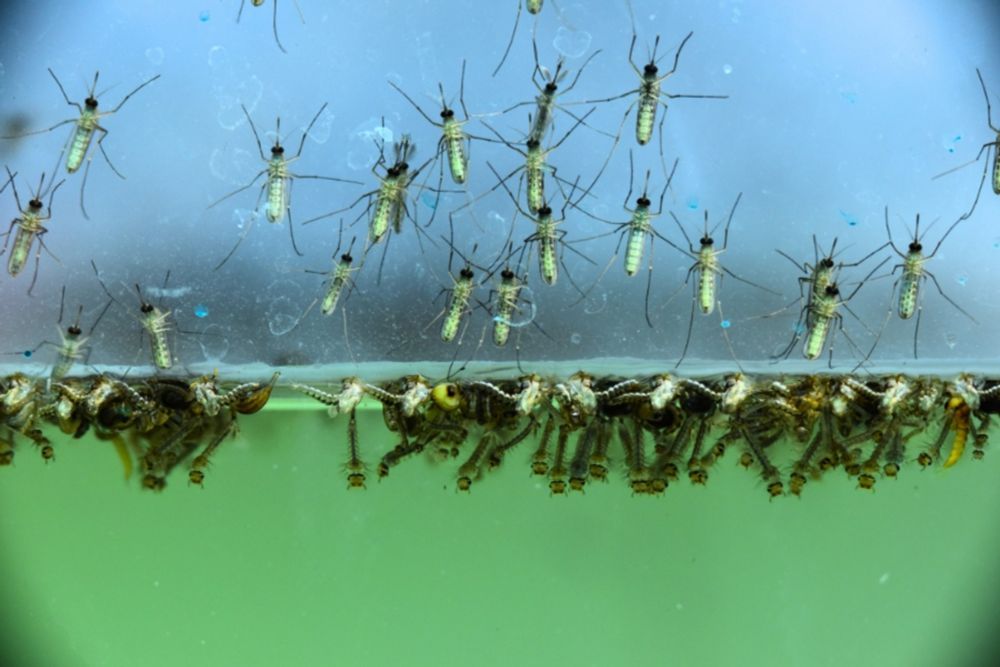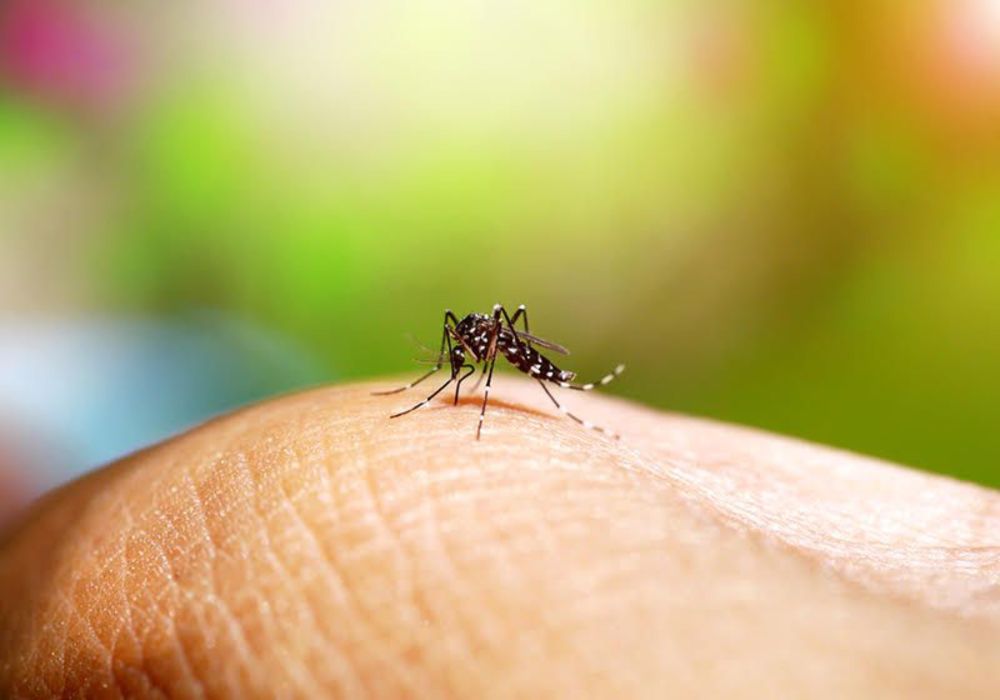Civic Center Plaza.
San Francisco
Friday, Mar 7 at 1 PM
#USPol

Civic Center Plaza.
San Francisco
Friday, Mar 7 at 1 PM
#USPol
www.vox.com/future-perfe...

www.vox.com/future-perfe...


We quantified variation in thermal tolerance in the mosquito, Aedes sierrensis, to quantify how adaptation may alter disease vector distributions under warming. 🧵
www.pnas.org/doi/10.1073/...
We quantified variation in thermal tolerance in the mosquito, Aedes sierrensis, to quantify how adaptation may alter disease vector distributions under warming. 🧵
www.pnas.org/doi/10.1073/...


